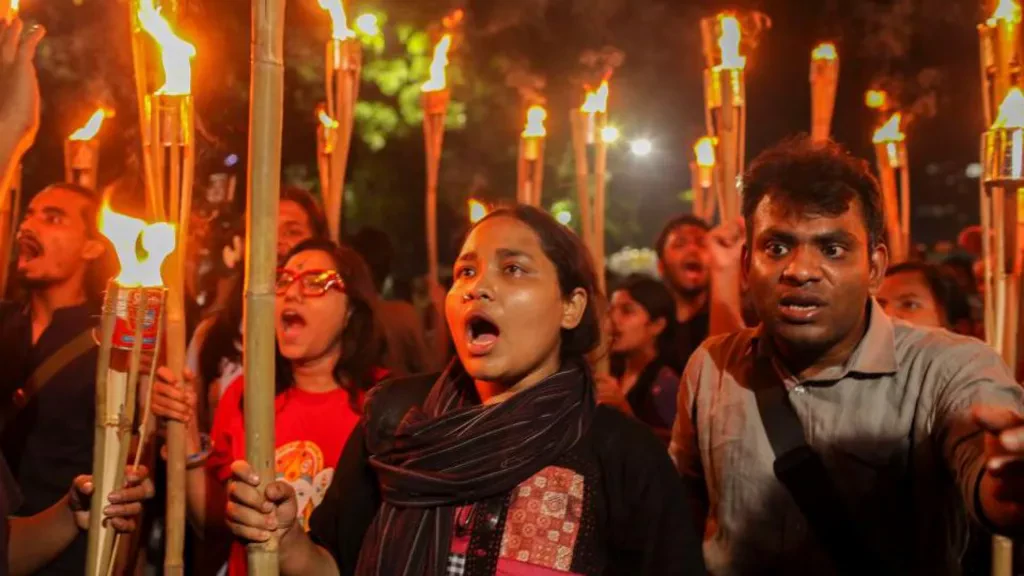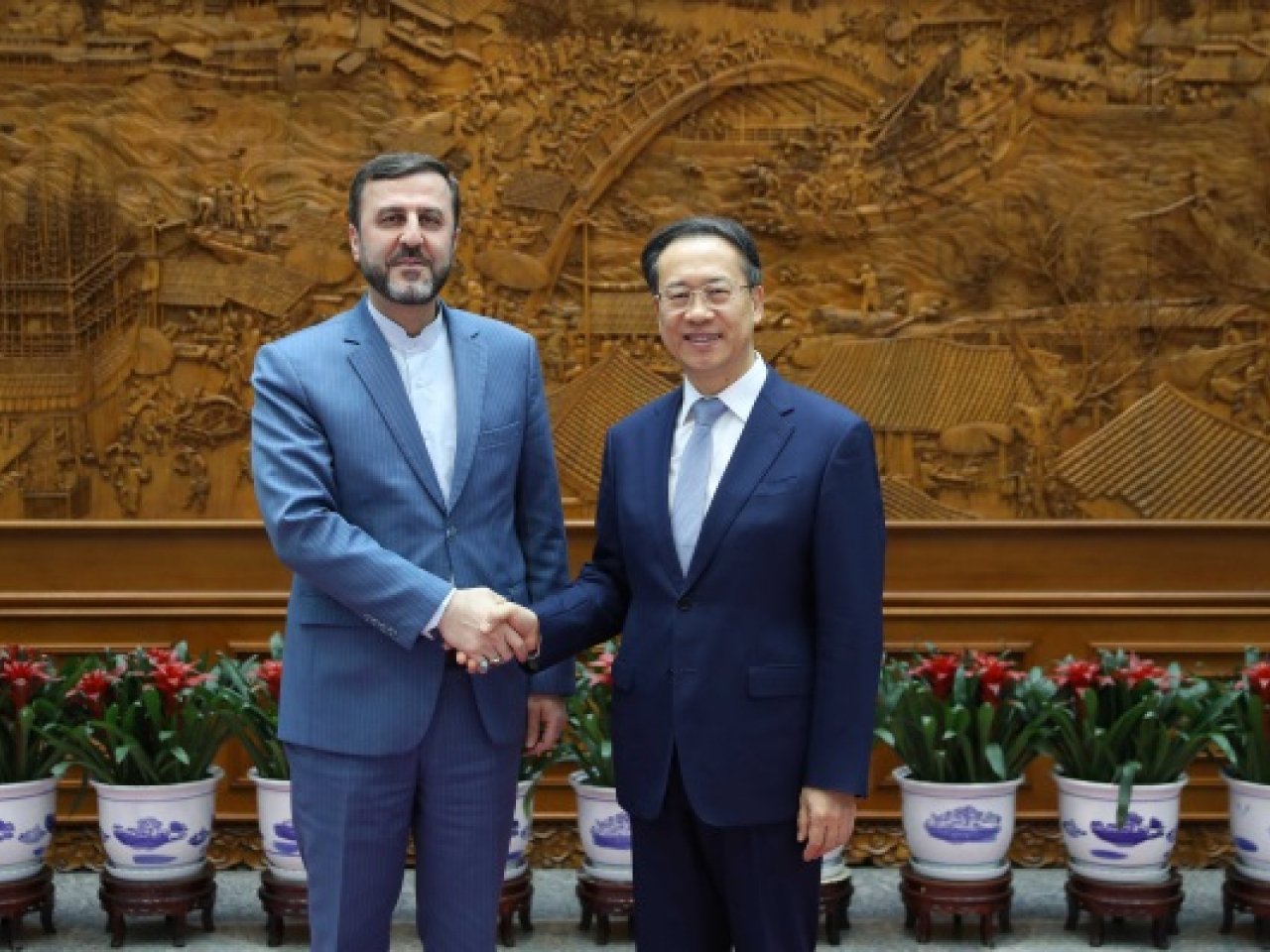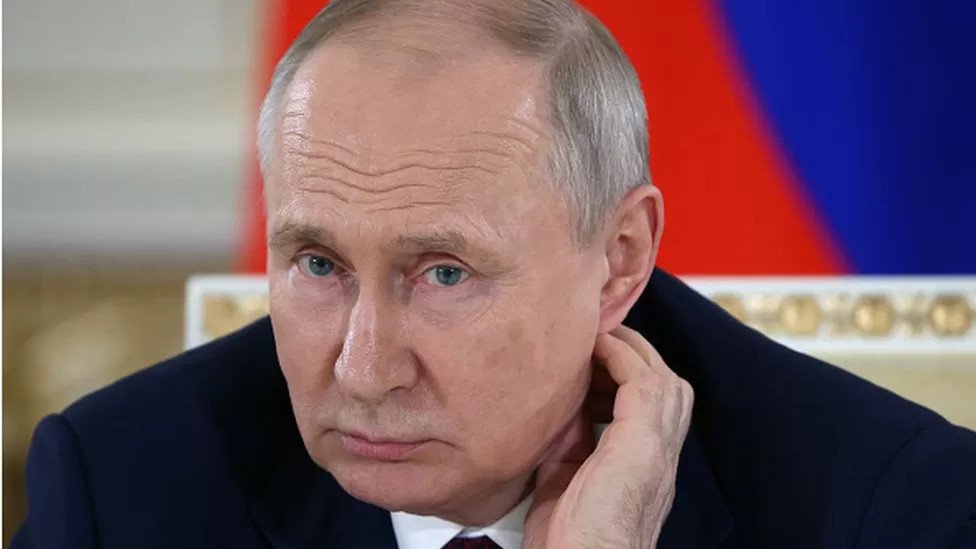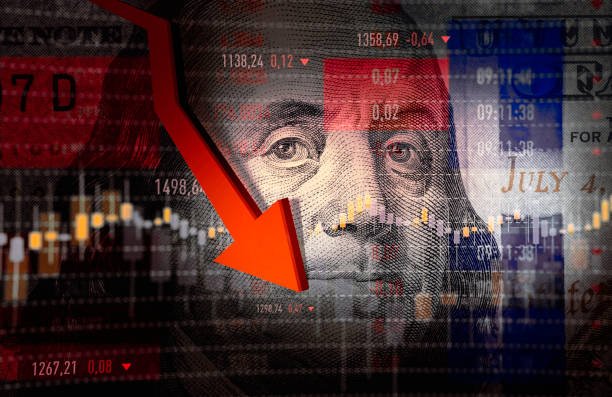Taiwan elects William Lai president in historic election
 Mr Lai won 40% of the vote, beating his two opponents comfortably/Getty Image
Mr Lai won 40% of the vote, beating his two opponents comfortably/Getty Image
Taiwanese voters have chosen pro-sovereignty candidate William Lai as their president in a historic election, cementing a path that is increasingly divergent from China.
The move angered Beijing, which issued a statement after the results insisting that "Taiwan is part of China".
While Beijing has called for "peaceful reunification", it has also not ruled out the use of force.
It had cast the Taiwan election as a choice between "war and peace".
China has ramped up its military presence around the island in recent months, heightening fears of a possible conflict.
Beijing's communist government reviles Mr Lai's pro-sovereignty Democratic Progressive Party (DPP) which has governed Taiwan for eight years.
By winning an unprecedented third consecutive presidential term for his party, Mr Lai has broken new ground. In his first remarks after his opponents conceded, he signalled that this was an irreversible trajectory.
"The country will continue to walk on the right path forward. We will not turn around or look backwards," he told the world's media in a press conference.
Later, while addressing tens of thousands of ecstatic supporters on the streets of Taipei, Mr Lai characterised his win as a triumph of democracy.
"We've done it. We didn't let external forces influence our election. That's because we decided that only we can choose our president," he said. In the lead-up to the polls, Taiwan had accused China of attempting to interfere with the process.
But Mr Lai also had a message for China.
He told reporters he favoured more exchanges and dialogue over obstructionism and conflict, and called for peace and stability with Beijing.
At the same time, he added, he would "maintain the cross-strait status quo" - neither seeking independence nor unification with China - and pledged to "safeguard Taiwan from threats from China".
Beijing has labelled Mr Lai a "separatist" and "troublemaker" over remarks he made in the past supporting Taiwanese independence, which it sees as a red line.
But in recent months he indicated he would not pursue formal independence.
On Saturday, a statement from the Taiwan Affairs Office of China's State Council insisted that Taiwan's elections "cannot stop the unstoppable trend of the eventual reunification of the motherland" and the DPP "cannot represent the mainstream public opinion" in Taiwan.
The US, Taiwan's biggest ally, was swift to congratulate Mr Lai on his win. Secretary of State Antony Blinken also praised the island's "robust democratic system and electoral process".
In a statement, he said Washington is "committed to maintaining cross-strait peace and stability". Earlier President Joe Biden told reporters the US "does not support independence" for Taiwan.
Outside the DPP's headquarters in Taipei on Saturday, supporters celebrated the result.
"I'm so happy now. Most Taiwanese people want to protect our democratic lifestyle," said Cheng Yu-tsai.
"I don't care [how China reacts]. We have to hold up our values and insist on what we think is right and move on," said Wei Yi-tsai.
Mr Lai's 40% of the vote put him comfortably ahead of Hou Yu-ih from the main opposition Kuomintang (KMT) party. Since 2000, Taiwan has alternated between the DPP and the KMT which is friendlier to Beijing.
Maverick politician Ko Wen-je from the Taiwan People's Party, a newcomer party to Taiwan's political scene popular with young voters, gained a quarter of the vote.
Voters on Saturday also chose their legislature. The DPP has lost its majority with the opposition gaining ground, though no one party has enough seats to control parliament, according to Taiwanese media reports.
Observers say that an opposition-dominated legislature with a DPP president could mean the process of governing Taiwan would become more fraught.
BBC










Leave Comment